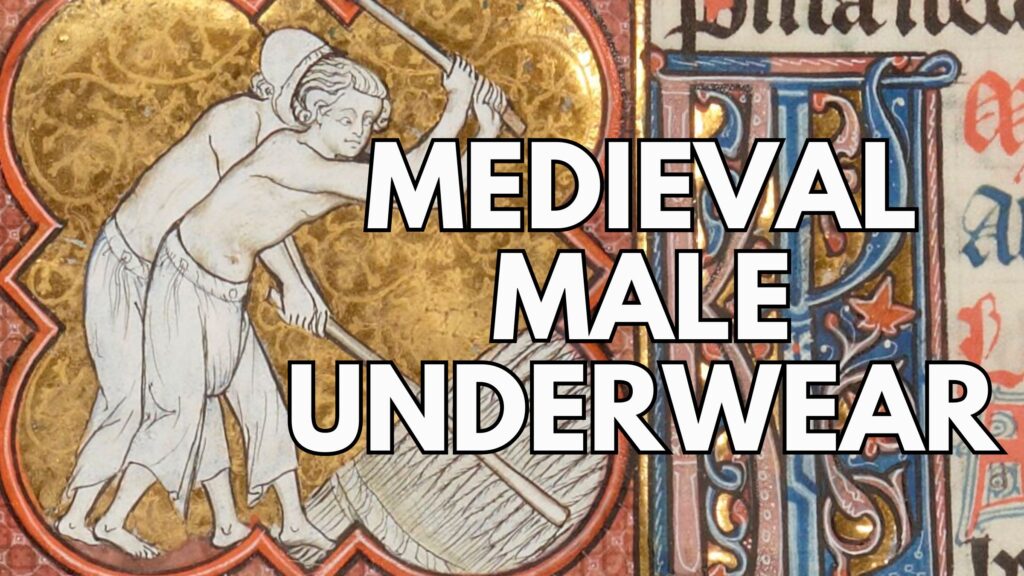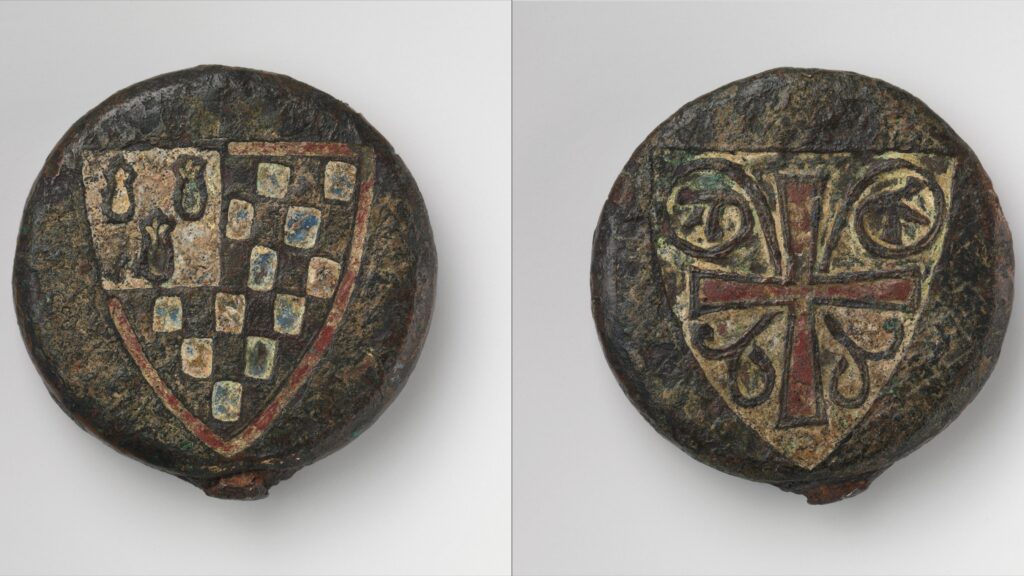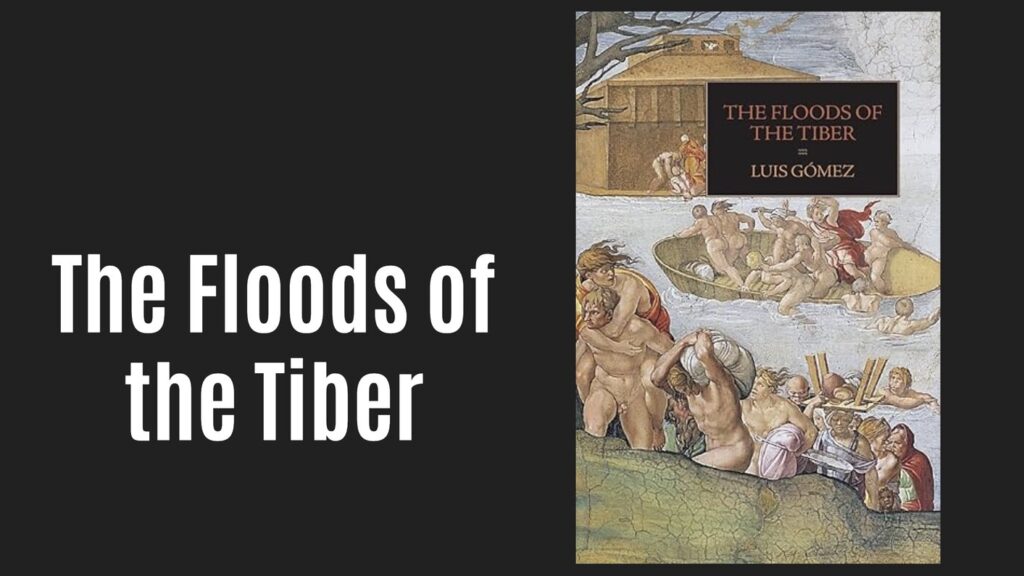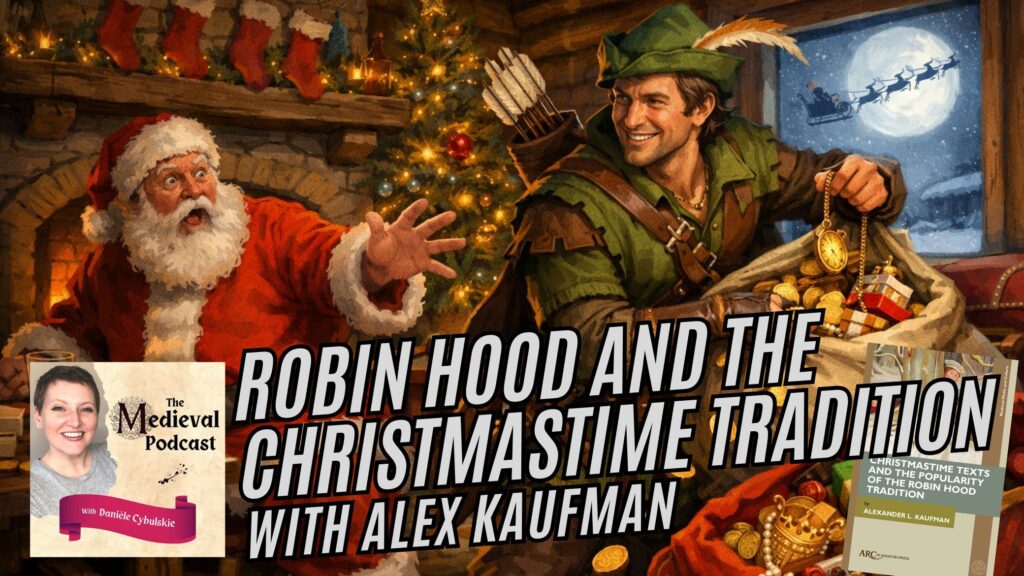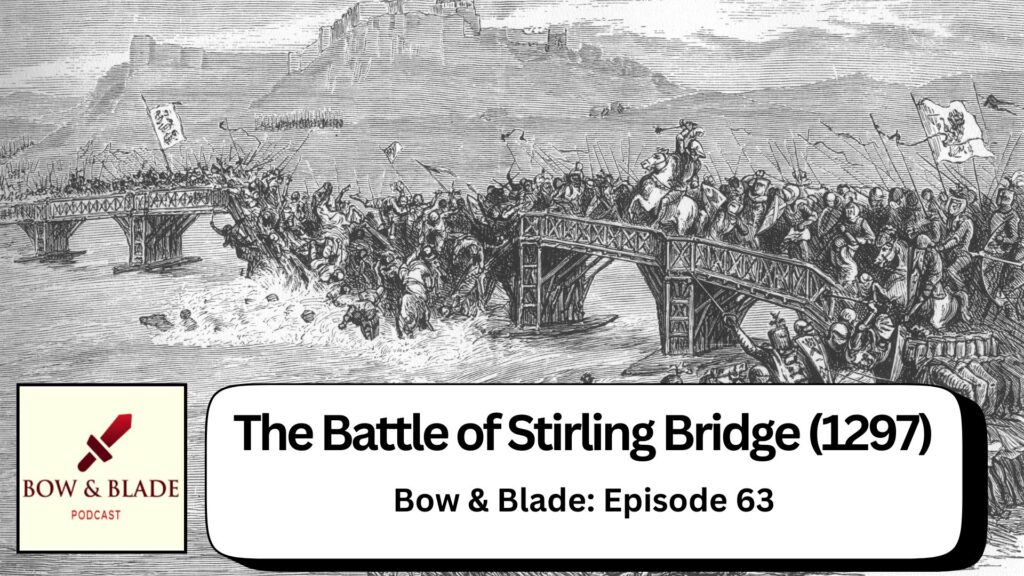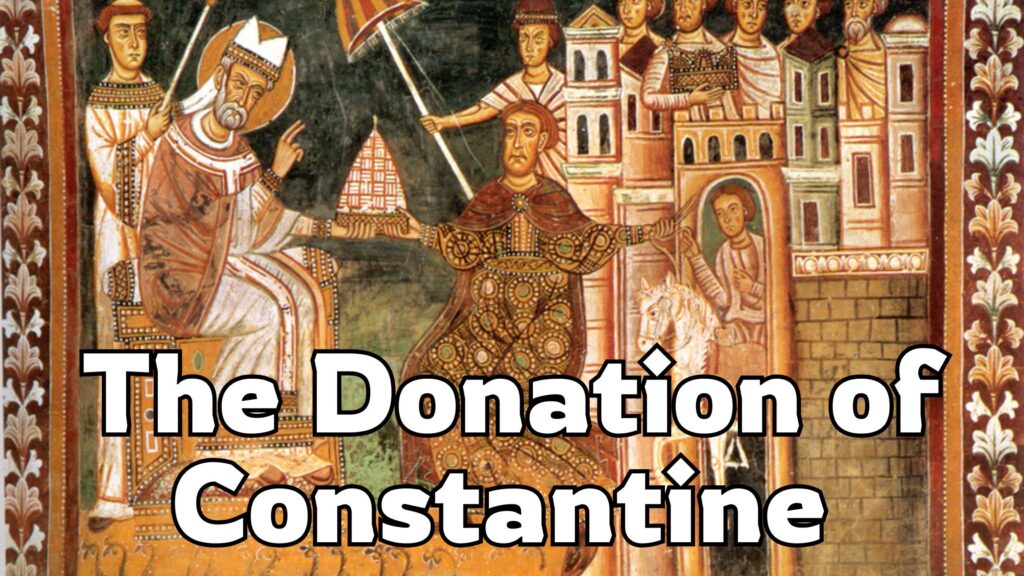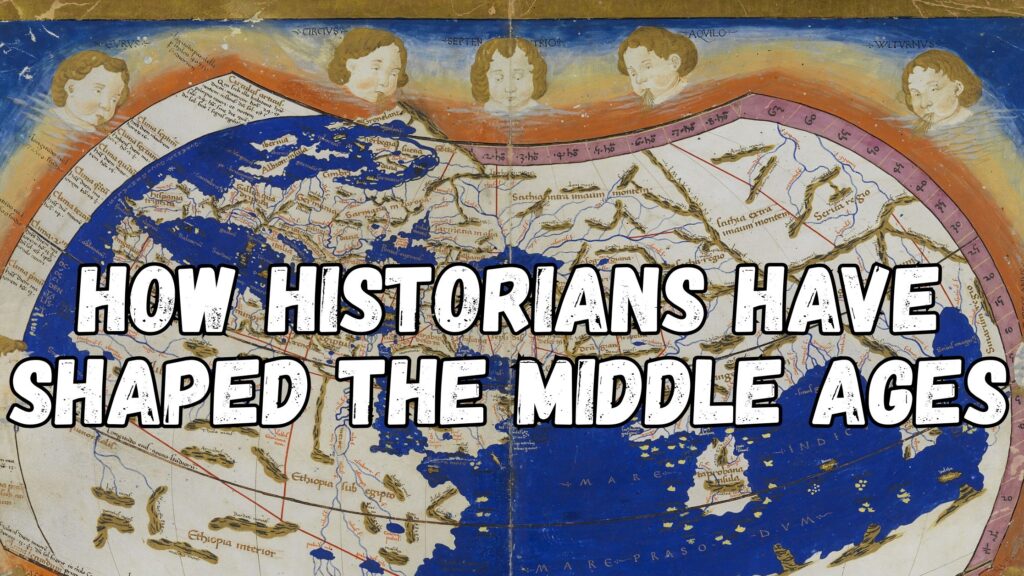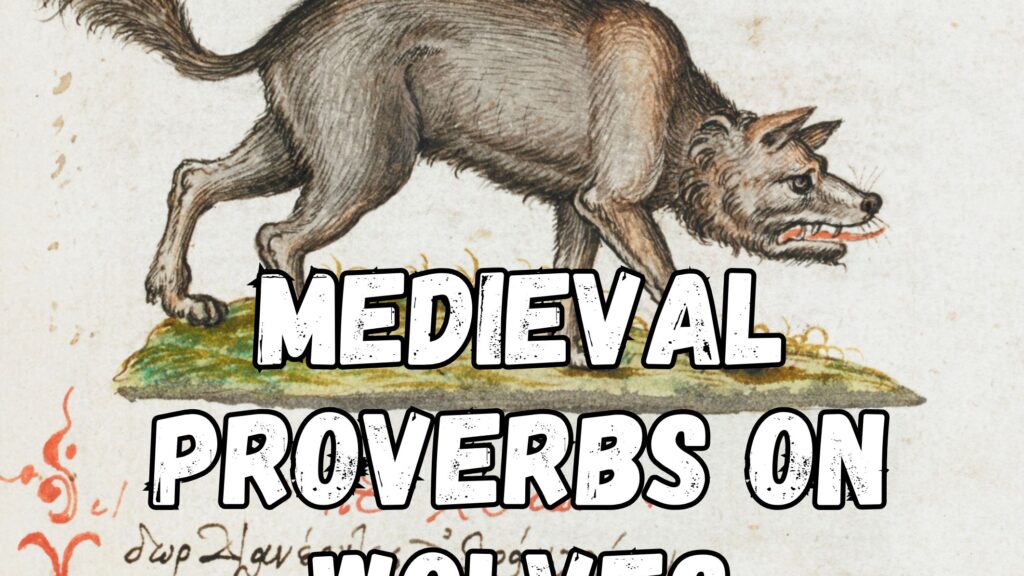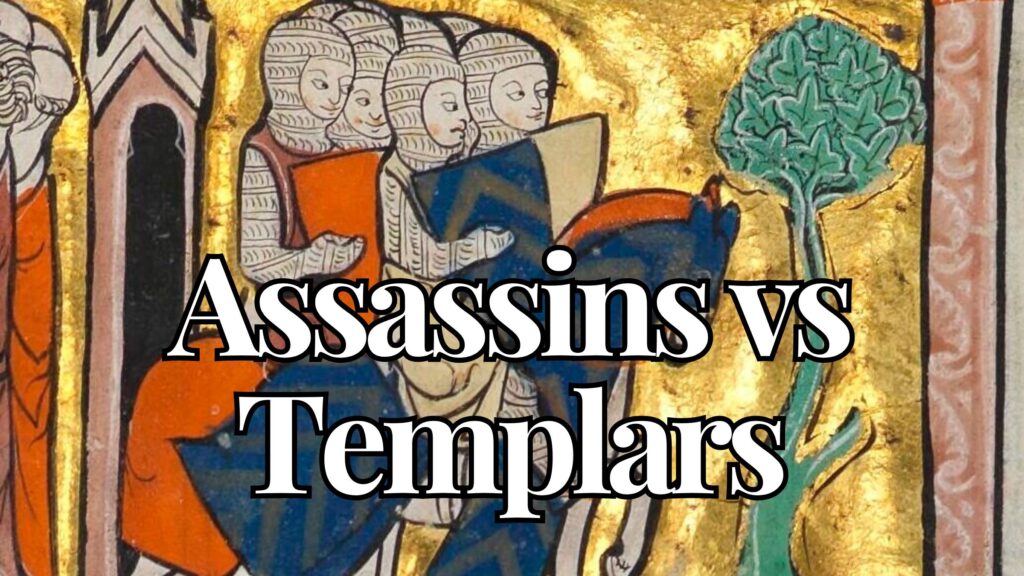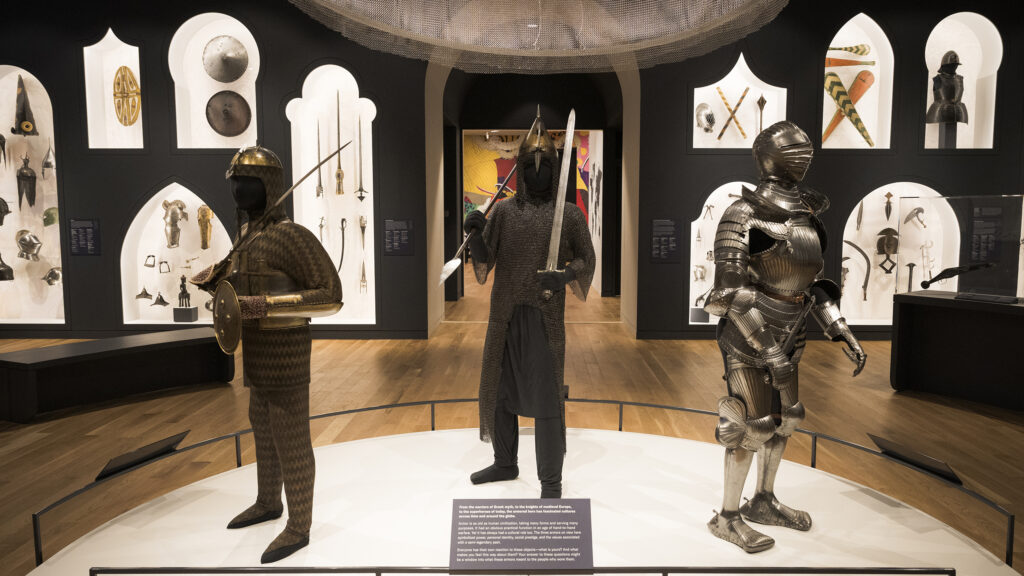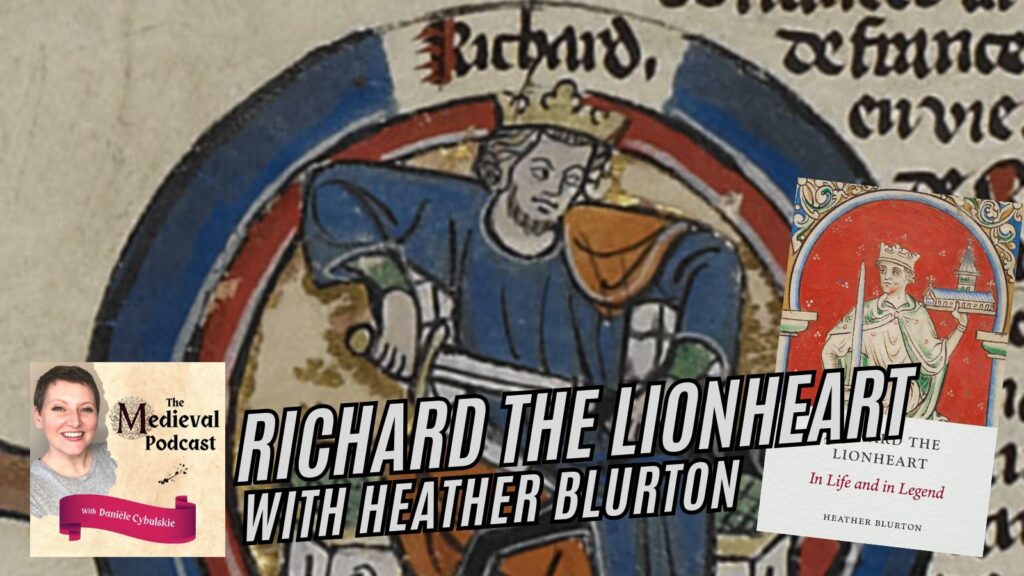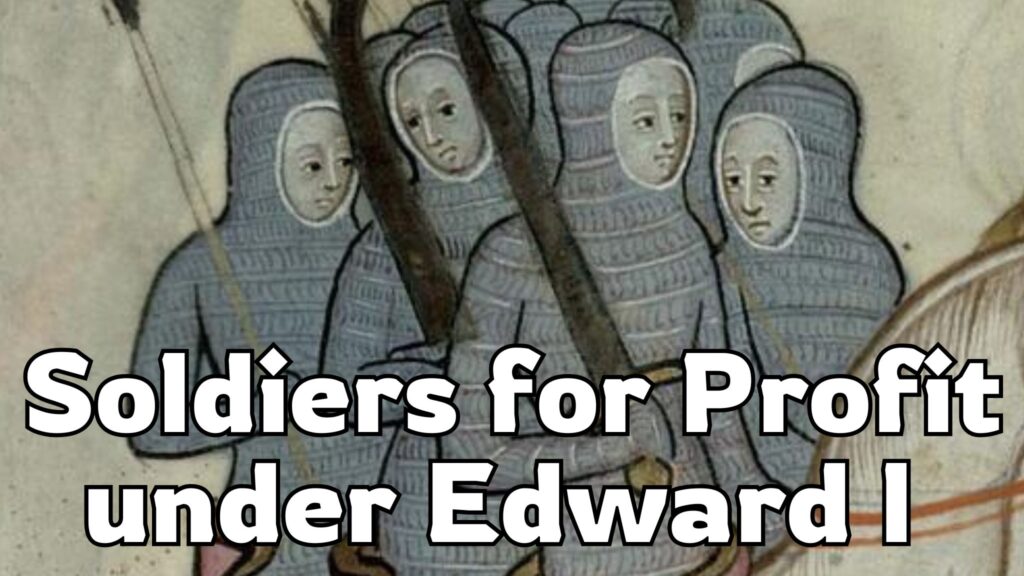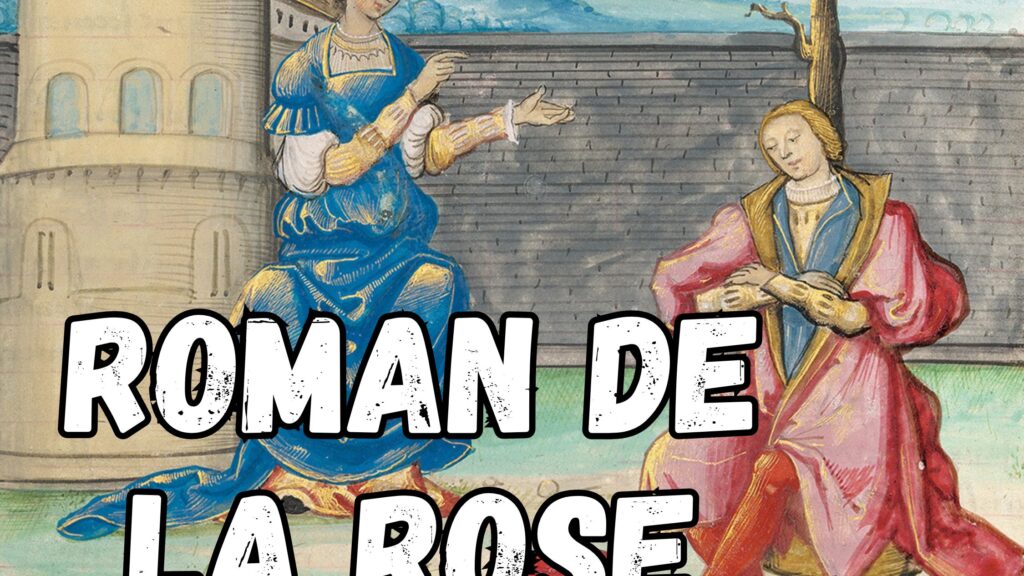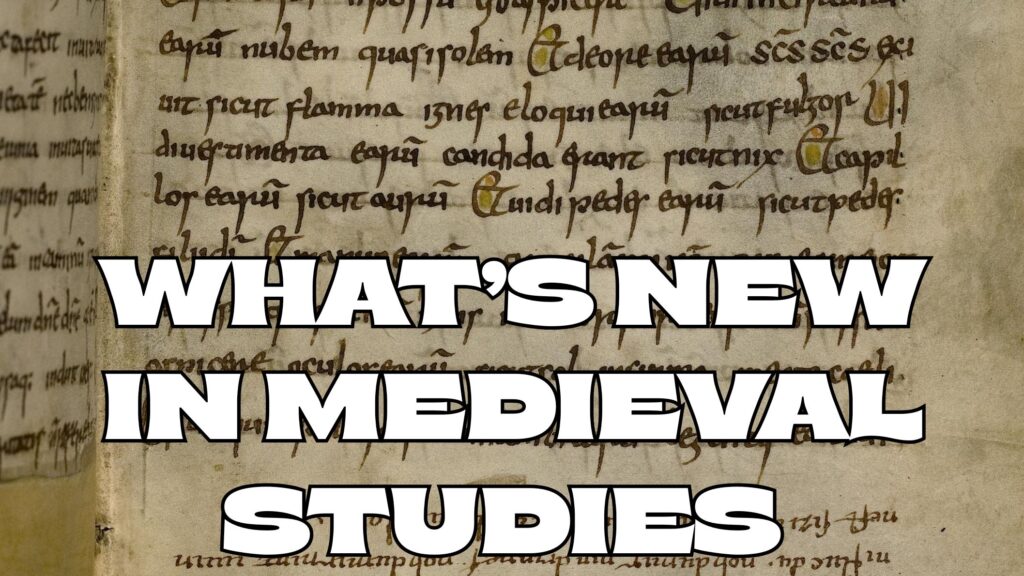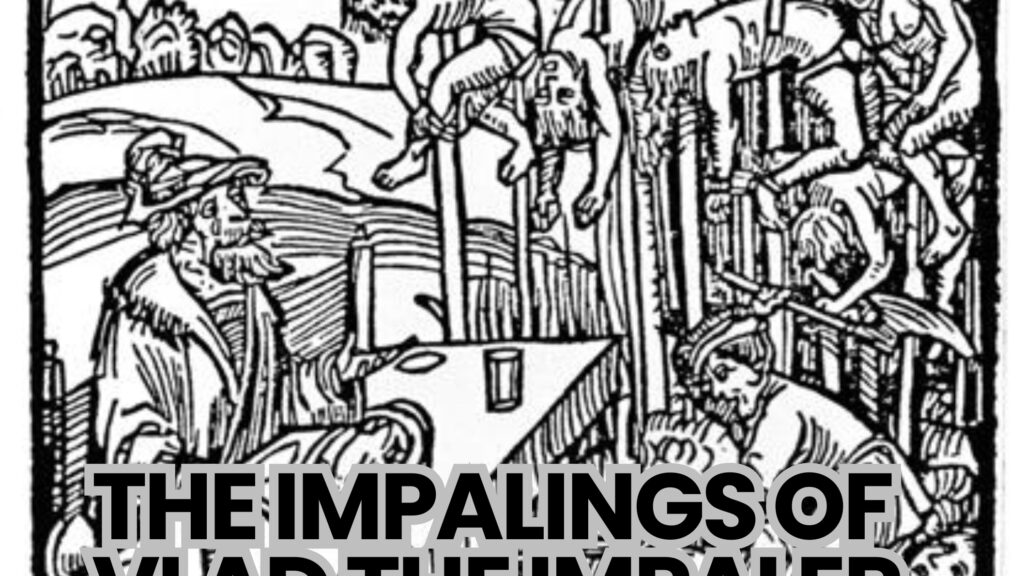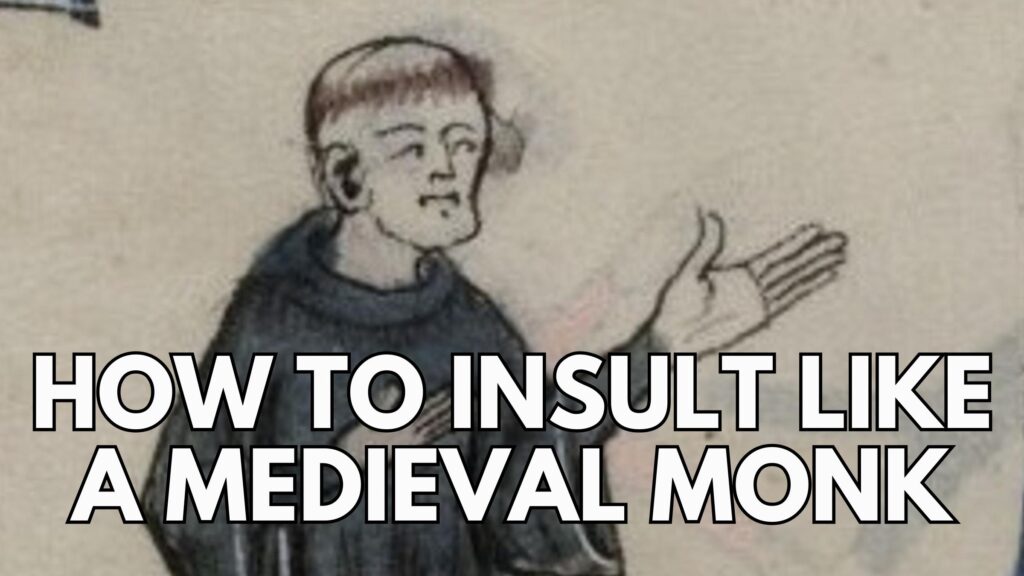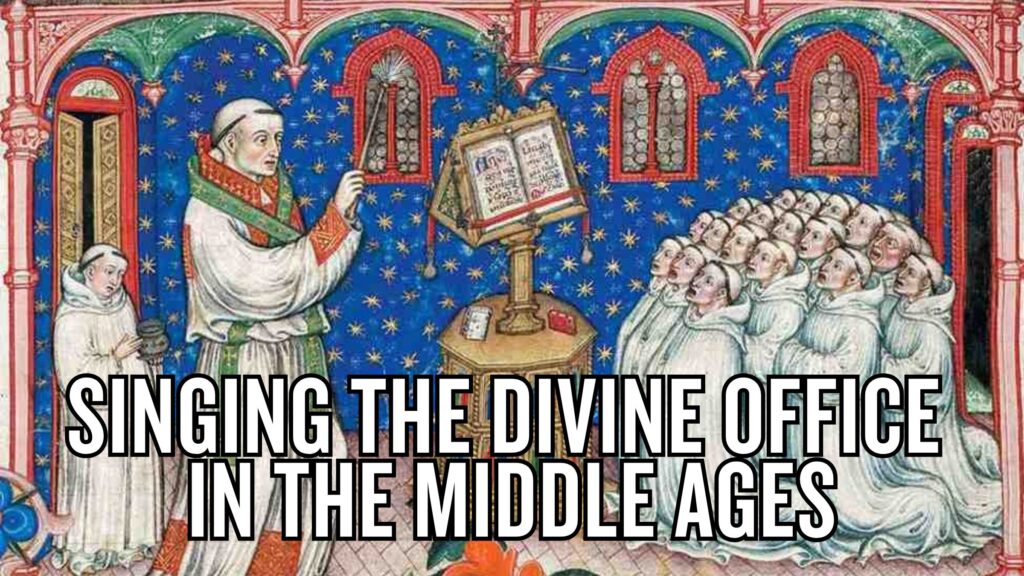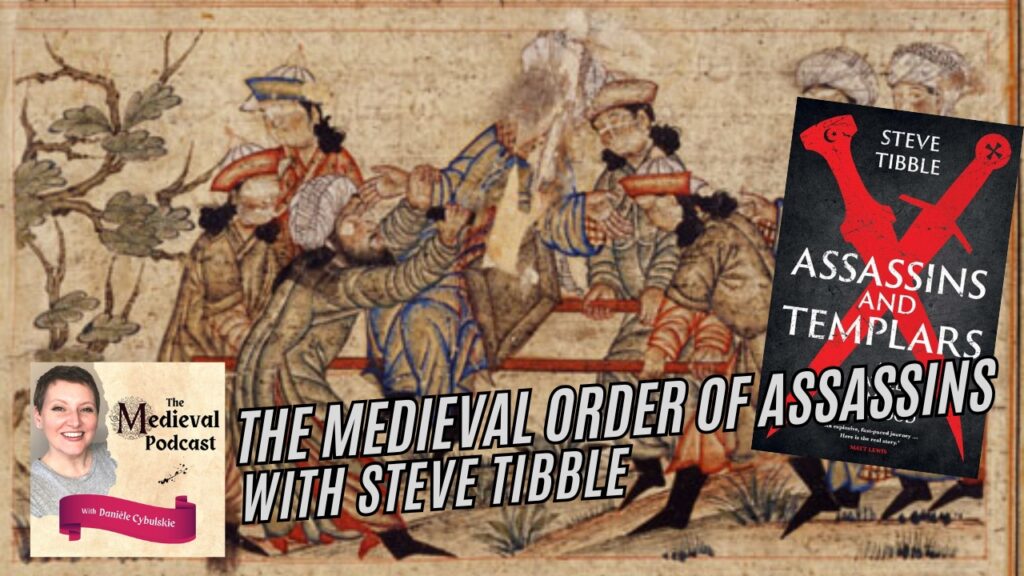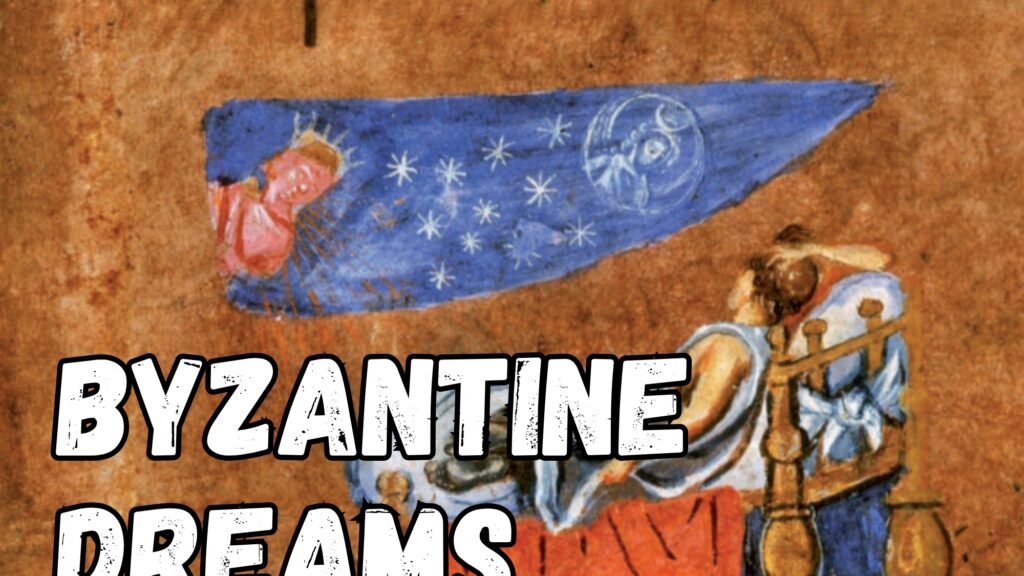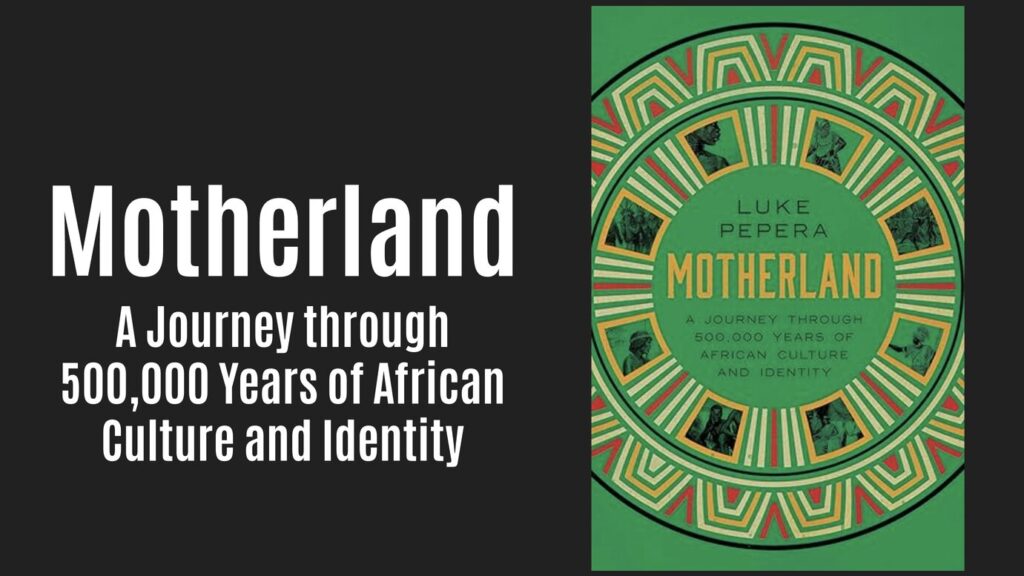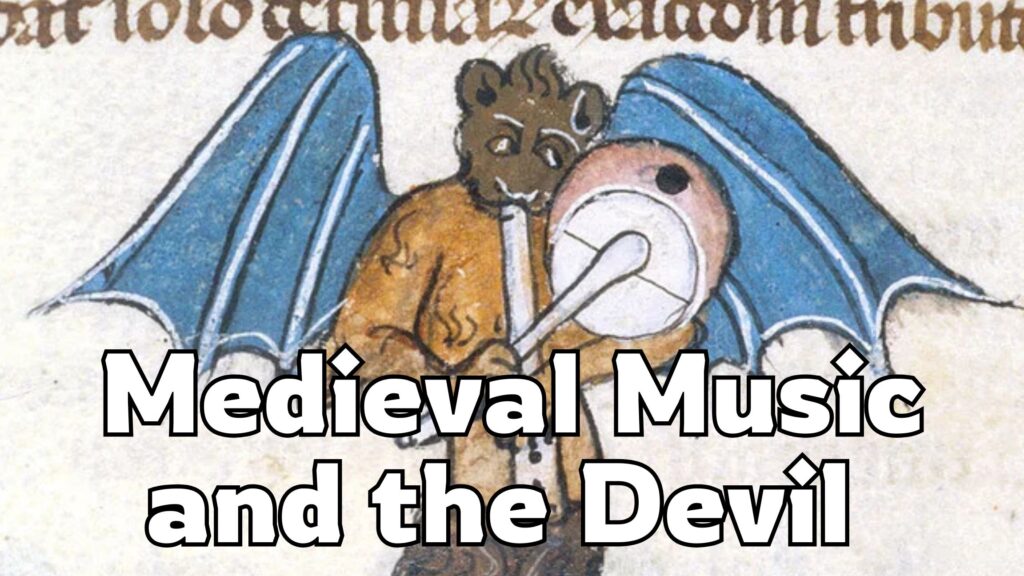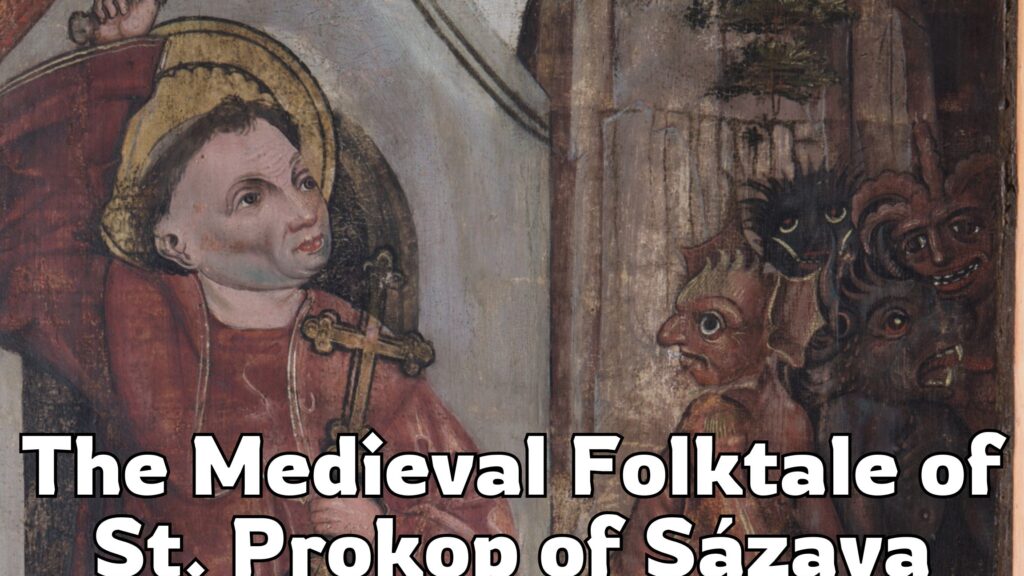Medieval Male Underwear: Hidden But Revealing
Medieval male underwear wasn’t invisible in art. Exploring what braies reveal for martyrs and peasants.
New Medieval Books: Lion Hearts
Dan Jones has a gift for writing vivid, compelling prose, whether he’s tackling history or historical fiction. This novel is best read after the first two books in the trilogy. Readers interested in the fourteenth century and the Hundred Years’ War will likely find it especially rewarding.
Cartier and the Lost Crusader Sword
Louis J. Cartier discovered a medieval sword pommel in a Damascus bazaar in the 1920s—an artefact later identified as belonging to crusader Peter of Dreux. Now at The Met, the object offers a rare, personal link to the Seventh Crusade and its leading French nobles.
New Medieval Books: The Floods of the Tiber
In 1530, the River Tiber burst its banks, triggering a major flood in Rome. The following year, a scholar named Luis Gómez wrote about the disaster—placing it alongside earlier floods recorded in the city’s history.
Robin Hood and the Christmastime Tradition with Alex Kaufman
This week on The Medieval Podcast, Danièle speaks with Alexander L. Kaufman about how Robin Hood’s legend evolved over time, his transformation into a pantomime favourite, and that time Robin robbed Santa Claus himself.
The Battle of Stirling Bridge (1297)
In this episode of Bow & Blade, Michael and Kelly examine the Battle of Stirling Bridge in Scotland as a clear example of poor generalship. Focusing on the English command’s mistakes, they explore how underestimating William Wallace and the Scottish forces led to disastrous decisions over terrain and timing.
The Donation of Constantine: A Medieval Forgery That Shaped Church Power
How a medieval forgery known as the Donation of Constantine shaped Church power, papal authority, and medieval ideas of truth and legitimacy.
Six Medieval Rules for Healthy Living
A medieval medical guide reduced healthy living to six simple rules. Explore The Theatre of Health and how its advice on diet, activity, and balance still resonates today.
25 Ways Historians Have Shaped the Middle Ages
The Middle Ages we know today is shaped by historians as much as by history itself. Discover 25 historiographical constructs that define how the medieval world is studied and understood.
12 Medieval Proverbs on Wolves
Explore 12 medieval proverbs about wolves, drawn from Latin sources and translated into English, revealing how medieval writers used the wolf to express moral and social lessons.
Assassins and Templars at War – Ambushes and Ambassadors
A dramatic ambush derailed a potential alliance between the Crusaders and the Assassins, plunging the Kingdom of Jerusalem into crisis. This article explores the negotiations, the killing of the Nizari envoy and the political fallout that followed.
New Medieval Books: Approaching Pipe Rolls
This book guides historians in working with Pipe Rolls, the English government’s financial records that date back to the twelfth century. These documents reveal a great deal about how England’s administration functioned during the Middle Ages.
Rebuilding the Higgins Collection: Successes, Surprises, and What’s Still Missing
The Higgins Collection—one of America’s most distinctive assemblies of arms and armor—has finally reopened to the public at the Worcester Art Museum. Its new galleries offer flashes of the old museum’s spirit, along with choices that may surprise longtime admirers.
Richard the Lionheart with Heather Blurton
This week on The Medieval Podcast, Danièle speaks with Heather Blurton about how Richard’s contemporaries saw him, the wild stories told about him in the later Middle Ages, and why we still just can’t get enough of this controversial king.
How Medieval Soldiers Profited from War under Edward I
Medieval soldiers in Edward I’s armies often turned warfare into a source of income, creating a new class of mounted military entrepreneurs.
Illuminated for a King: Rediscovering the Roman de la Rose
A royal manuscript of the Roman de la Rose offers a fresh look at Guillaume de Lorris and Jean de Meun’s contrasting visions of medieval love and reason.
10 Medieval Studies’ Articles Published Last Month
What’s new in medieval studies? Here are ten open-access articles published in November, which include papers ranging from bee amulets to the Stone of Scone.
The Impalings of Vlad the Impaler
One of the most infamous characters from the Middle Ages was Vlad III Dracula, the prince of Wallachia. Here is the story of how he gained the nickname of ‘the Impaler’.
How to Insult Like a Medieval Monk
Learn how medieval monks at Cluny waged battles with words, using biting poetry, classical references, and cutting invective to uphold their spiritual legacy.
Time, Prayer, and Song: Medieval Monasticism and the Divine Office
Explore the origins and daily practice of the Divine Office in the Middle Ages, from the Desert Fathers to Benedictine monasteries, where time, music, and prayer shaped every aspect of monastic life.
The Medieval Order of Assassins with Steve Tibble
This week on The Medieval Podcast, Danièle speaks with Steve Tibble about who the Assassins were, what tactics they used in the Middle Ages, and what this legendary order stood for.
Medieval Dreaming and Divination in Byzantium
Explore how Byzantines—emperors and commoners alike—interpreted their dreams through intuition, tradition, and oneirokritika, revealing a rich spiritual culture that blended ancient beliefs with Christian thought.
New Medieval Books: Motherland
A sweeping exploration of pre-modern African history, this book traces the continent’s cultures, migrations, and identities. It blends rigorous research with personal reflection to highlight Africa’s global influence and enduring legacy.
Diabolus in Musica: Did the Medieval Church Believe that the Tritone Could Summon the Devil?
From terrifying medieval depictions of Satan to the enduring myth of the “Devil’s interval,” this article uncovers what people really believed about the tritone and its place in medieval music.
The Medieval Folktale of St. Prokop of Sázava
Discover the extraordinary folk traditions surrounding St. Prokop of Sázava, a medieval Czech saint whose legend includes demon expulsions, devotion to the Slavonic rite, and a ghostly return to defend his monastery.
